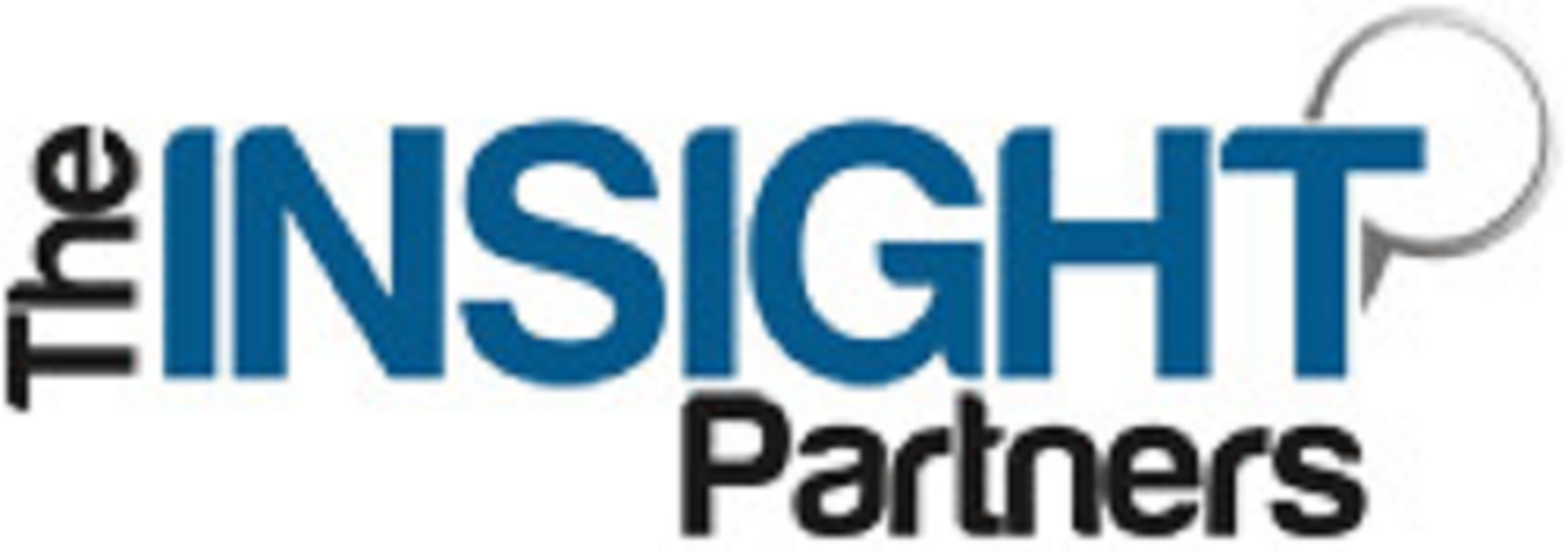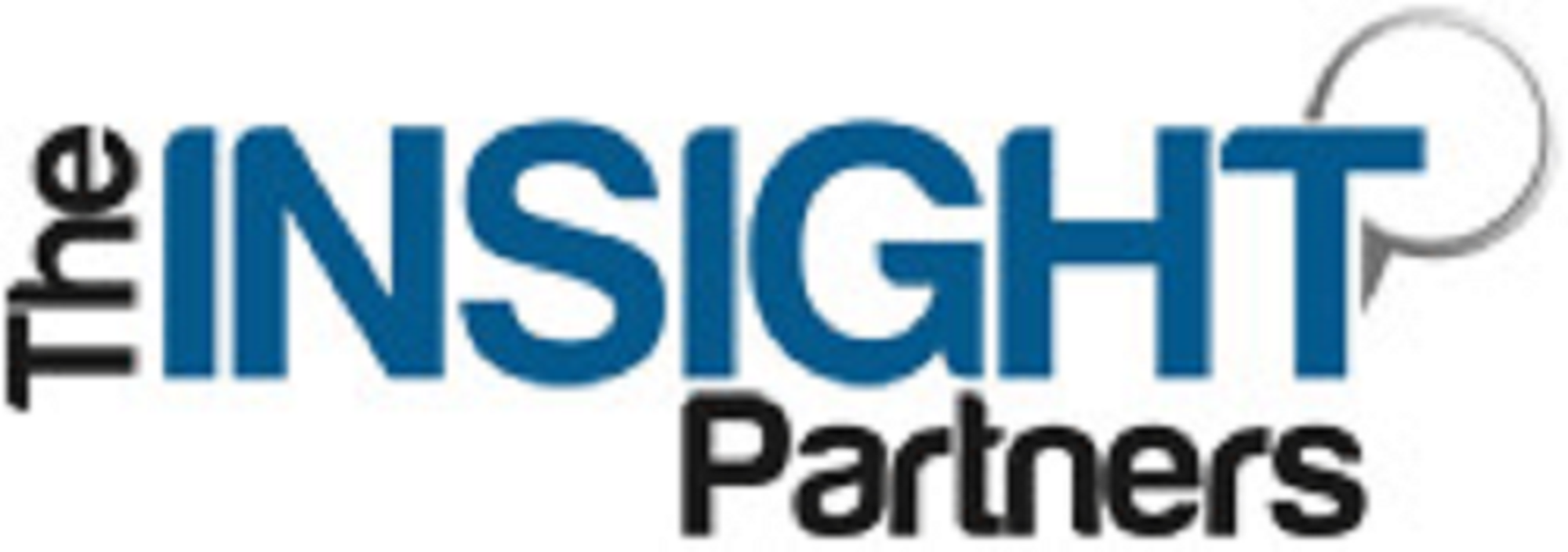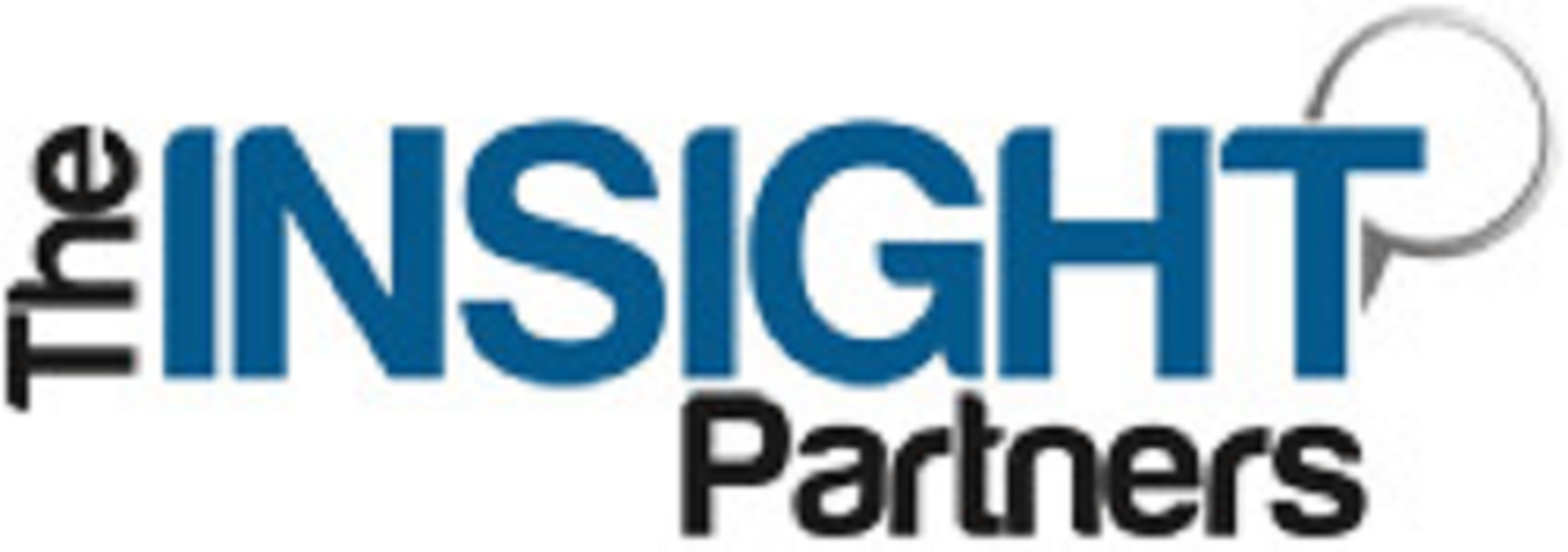Brand protection entails deploying processes, technologies, services, and resources to counter misleading, illicit, or fake representations of products or services. In addition to the continuous expansion of the manufacturing sector, the emphasis on safeguarding brand and product integrity, enactment of stringent anti-counterfeiting standards, and regulations enforced by government agencies favor the growth of the authentication and brand protection market. With the rising vulnerability to counterfeit attacks, diversions, and tampering problems, a large number of brand owners are facing the obligation of addressing these issues to protect their business interests. While working on a robust product authentication plan, they are focusing on establishing a comprehensive brand protection program involving legal marketing entities, law enforcement, customs, and investigation.
With growing urbanization, the reach of several brands to the masses is also expanding, which enables users enhanced access to authentic brands. The incidences of counterfeiting are also on the rise with the increasing reach of brands. The emergence of new counterfeit and product-forging mechanisms over the years has fueled the demand for authentication and brand protection solutions. Thus, there is an increasing need for solutions to achieve adequate levels of safety. In addition, the rise of omnichannel retailing systems benefits the authentication and brand protection market. These retailing systems feature efficient product allocation, better inventory management, and real-time inventory visibility.
Avery Dennison Corporation, Authentic Vision, AlpVision SA, Applied DNA Sciences, and Giesecke+Devrient – Prominent Market Participants in Authentication and Brand Protection Market
The counterfeit products arena is expanding at a rapid rate—encompassing offerings of industries such as food & beverages, chemicals, consumer electronics, automotive components, medical devices and pharmaceuticals, and agriculture. With growing forgery issues, many industries—ranging from tobacco to consumer electronics—are veering toward authentication and brand protection technologies.
The market of counterfeit products is growing rapidly worldwide, encompassing industries such as food & beverages, chemicals, consumer electronics, automotive components, medical devices, and pharmaceuticals. In recent years, medical device end users have incurred significant losses due to the use of duplicate products. According to an article published in the Hindu newspaper, incidents of substandard and falsified (SF) medical products rose by ~47% from 2020 to 2021 during the COVID-19 pandemic. However, the end users in the current market scenario are becoming more aware of the advantages of genuine products. Hence, they are progressively veering toward authentic medical devices. Moreover, medical device manufacturers are progressively investing in the procurement of product authentication solutions to ensure their customers receive original products, which allows them to retain their customers over the long term. This factor is bolstering the demand for authentication and brand protection solutions.
Counterfeiting, where unauthorized copies of products and services are sold as original products, is considered a victimless crime. According to estimates from Interpol, FBI, the International Chamber of Commerce, and the World Customs Organization, counterfeit products account for 7.0–8.0% of global commerce annually. Thus, various governments are taking initiatives to combat the market of counterfeit products. For instance, in 2019, the Dubai Department of Economic Development signed an MoU with a product authentication technology provider to curb the trade of counterfeit products in Dubai. Further, government authorities in India are entering into mutually beneficial partnerships with brand owners, retailers, and tech-based start-ups to strengthen its anti-counterfeit measures. Product manufacturers and service providers use algorithms to identify counterfeit goods. They match a suspected or a fake product against a database of client-submitted authenticities (such as microscopic logos and others) to determine whether a product is genuine or fake.
The top five companies in the market are Avery Dennison Corporation, Authentic Vision, AlpVision SA, Applied DNA Sciences, and Giesecke+Devrient . The above listing of key players is derived by considering factors such as overall revenue, current well-completion equipment and services portfolio, new product launches, market initiatives, investment in technology up-gradation, mergers & acquisitions, and other joint activities. A few of the important market initiatives and product developments from the industry are mentioned below:
| Year | News | Region |
| 2023 | Authentic Vision, the leading provider of mobile authentication solutions, announced that it had closed a €5.55 Million Series C funding round to drive and accelerate business growth. Key investors include existing investors such as Custos Privatstiftung (Austria) and Dolby Family Ventures (USA); and new investors such as Joint Effects LLC (USA) and key high-net-worth business angels managed by Smart Family Office (Austria). | Europe |
| 2022 | Polyart Group, a synthetic substrates specialist, and Edgyn, one of the leaders in the supply of brand protection products, have partnered to provide customers in the Asia-Pacific region with a complete and secure offer for tax stamps and security labels. | Europe |



